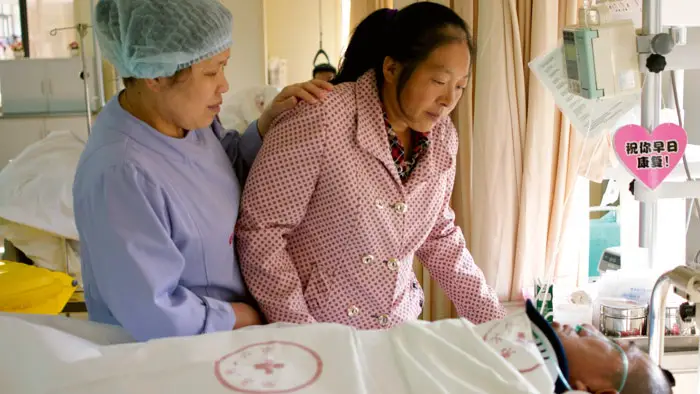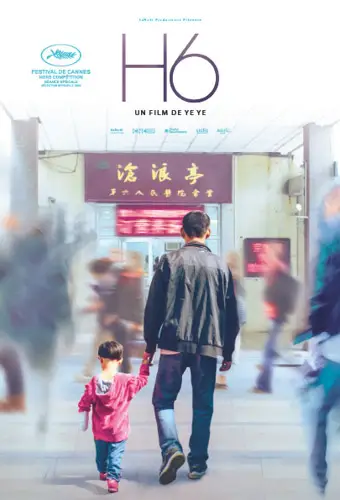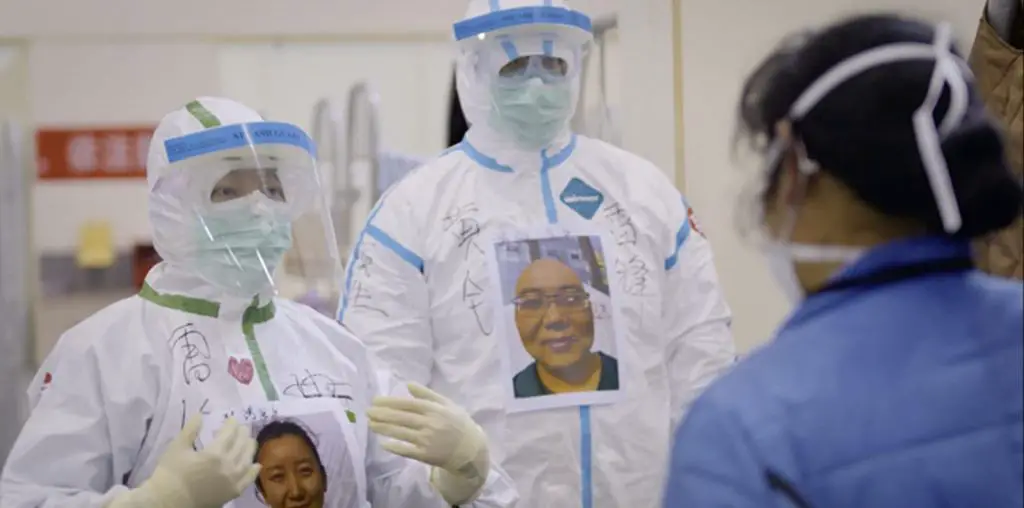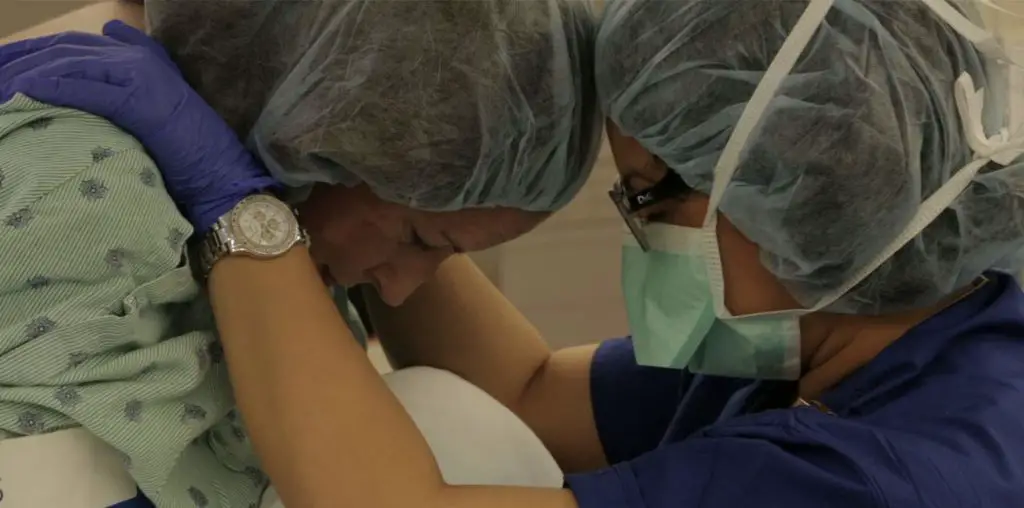
Taking center stage at the Shanghai Sixth People’s Hospital, director Yé Yé’s H6 shows off the devastating events that occur on a near-daily basis. The schedules are tight, and the stakes are unbelievably high in this facility, where death is just around the corner. The documentary manifests the stress that people, whether they’re clients, staff, or patients, have to deal with. The multiple stories presented are intertwined with these themes as everyone has something to lose during their stay at the hospital.
There are no real solutions to the complex problems that these patients have; there are only trade-offs. The patients’ families run into these problems as they have to sift through the available options. They never truly know which choices will be worth it in the long run and which ones will cause fatal repercussions for their loved ones. No matter what injury or sickness, it always seems as if the families of the patients are running into a plethora of monetary hurdles. Furthermore, these monetary-related problems lead to emotional strife between family members as there are so few paths that usher a completely positive result.

“…the families of the patients are running into a plethora of monetary hurdles.”
While there’s certainly an authentic portrayal of how patients and their loved ones deal with medical-related conflict, there’s never much of a window into how the facility’s staff handle the numerous problems that they, by nature, have to face. The doctors, nurses, and administers are more equivalent to props than actual people. H6 also suffers from weak presentation, with the majority of shots having little visual diversity. The camera also stays mostly stationary, spare for the occasional tracking shot. This, in turn, gives everything a bland, uninspired look that sadly lingers throughout the entire runtime.
When it comes to the themes of the movie, however, the filmmaker excels. The many hardships that are found in facilities like the Shanghai Sixth People’s Hospital are brought to the forefront. The amount of sacrifice that goes into caring for hospitalized family members can’t be emphasized enough. The score, which is the most stylized aspect of the documentary, plays a significant role in creating several memorable sequences that help to alleviate the burden of the poor visual aesthetic.
All in all, Yé Yé’s directorial debut gives a genuine look into the lives of people who have been affected by how the Shanghai Sixth People’s Hospital takes care of their patients. There’s a great deal of information displayed without the need for a PowerPoint presentation, which is a major flaw in other documentaries. H6 doesn’t just recite statistics and numbers; instead, it examines the real-world consequences that arise in hospitals.
H6 screened at the 2021 Cannes Film Festival.

"…doesn't just recite statistics and numbers; instead, it examines the real-world consequences..."



Lenin, Stalin predicted that feudalism would advance to capitalism before advancing to communism. In fact, feudalism, after the transition to communism, has all advanced to capitalism like the Soviet Union, Poland, Hungary, etc.